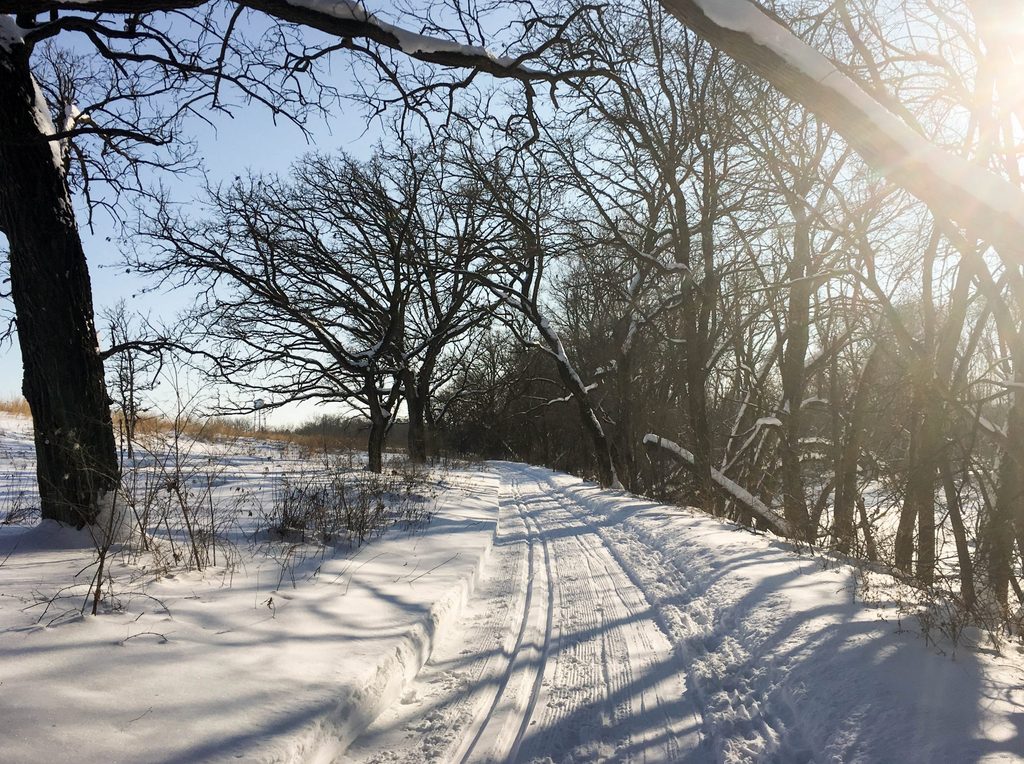
Spring has (nearly) sprung in the Arb! As Carleton students scramble to put finishing touches on their essays and fit in last minute cram sessions for their finals, many denizens of the Arb will begin to emerge from their winter slumbers. Spring won’t officially have sprung until March 20th, however, so it would only be fitting to have one last Arb Notes covering winter adaptations.
There are a set of these adaptive mechanisms for coping with the challenges of winter that are quite familiar– deciduous trees shedding their leaves and animals hibernating, migrating south, or choosing to live in the subnivean zone. A far more unusual– but perhaps more relatable– method of coping with the challenges of winter has been discovered in the Eurasian Shrew (Sorex araneus).
This curious creature will drop its brain mass by over 20 percent each winter, according to research published last year in Current Biology. While such a strategy may not seem adaptive at first, by reducing their brain mass these shrews lower their energetic demands, likely helping them cope with the scarcity of food in winter. This reduction in brain size is also met by the reduction in size of other major organs, including the heart, lungs, and spleen.
Unsurprisingly, researchers who tested the cognitive skills of this shrew species noticed a marked decline during the winter. Carleton students may be able to relate to this– I certainly feel groggier and less alert during the dead of winter. More topically, this adaptation highlights the trade-off between cognitive performance and energetic demands. While the Eurasian shrew (thankfully) hasn’t made its way to the Arb from Europe to pass on their genes, all Arb creatures must minimize their energetic demands while maximizing their performance to a sufficient extent.
Fortunately for the Eurasian Shrew, by springtime their brain will begin to regrow, and cognition begins to return to its former levels. Hopefully for us students, with the sun and warmer weather returning, we’ll emerge from our winter slumbers, ready to tackle finals.
–Ryan Gilbert ’21, for the Cole Student Naturalists
Add a comment